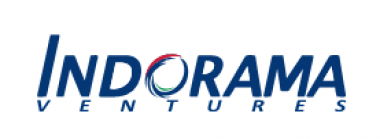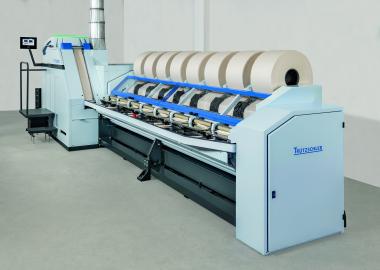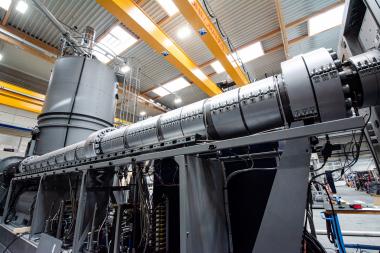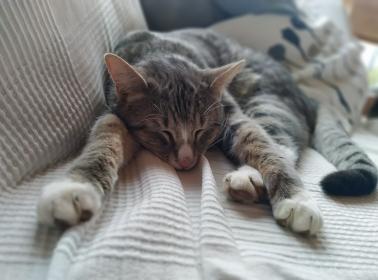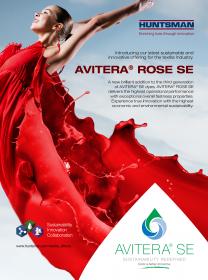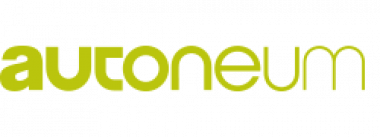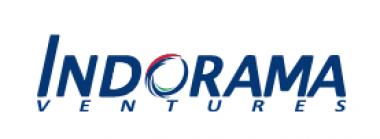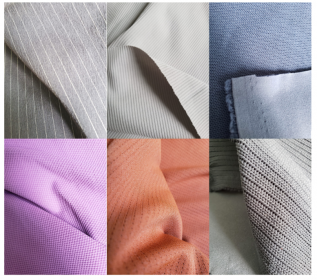Indorama Ventures’ Hygiene Division achieves ISCC Plus Certification
The Hygiene Division of Indorama Ventures Public Company Limited (IVL) is pleased to announce that two of its manufacturing sites have achieved International Sustainability Carbon Certification Plus Certification.
FiberVisions’ Varde site in Denmark, a polypropylene fiber producer, and Avgol’s Uzlovaya site in Russia, a spunlaid nonwovens producer, satisfied audits related to traceability and the reasonable use of biomaterials.
Shachar Rachim, CEO, IVL Hygiene Division, part of IVL’s Fibers business segment, said: “This accreditation underscores our commitment to support our customers to achieve their carbon dioxide reduction targets through using carbon neutral fibers. The certification is assurance that our nonwoven fabrics and fibers meet all the ISCC’s demanding standards for recycled-renewable materials. Our certified facilities can trace the product’s composition through the supply chain, without needing to requalify the materials.”
IVL expects that the ISCC Plus certification of these two sites will be followed by similar certifications at other manufacturing plants. A broad portfolio of technologies is being developed to address how component materials interact with the environment to improve recyclability, reduce raw material consumption, and minimize the impact of fugitive wastes.
Indorama Ventures Public Company Limited


